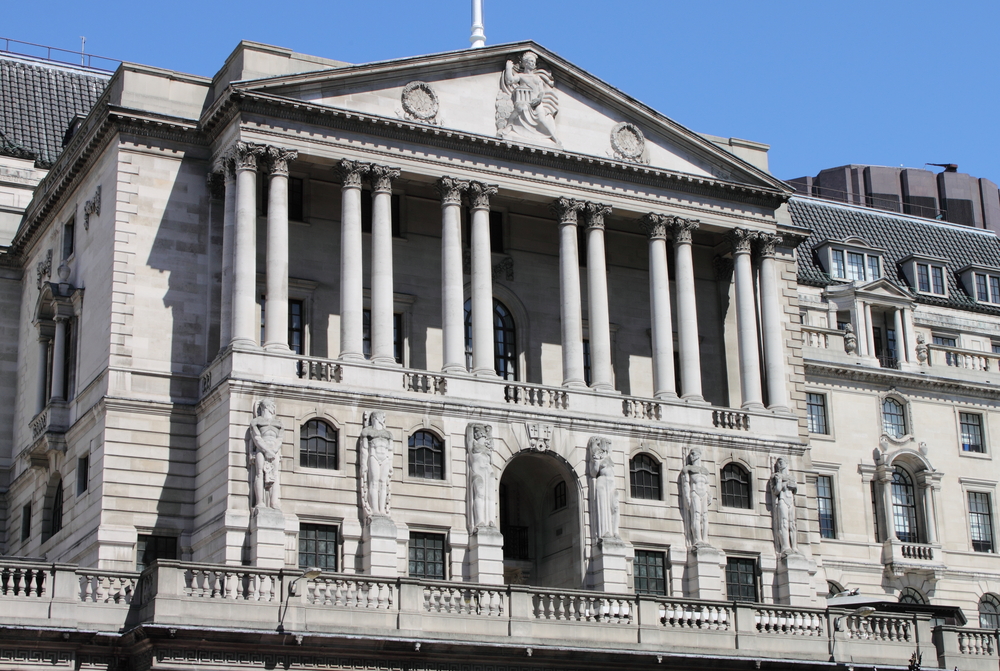News
Bank of England could lower rates further to shield against coronavirus hit

The Bank of England is expected to further cut interest rates and restart quantitative easing to ease the impact of coronavirus on the economy, as former Financial Conduct Authority (FCA) chief Andrew Bailey replaces Mark Carney as governor.
Bailey starts his new job today and is now tasked with steadying the economy against a shock from the outbreak.
One of his first moves could be to cut interest rates as low as 0.1 per cent in the coming weeks, economic experts have predicted.
The Bank of England last week cut interest rates to 0.25 per cent from 0.75 per cent.
And further measures aimed to shore up banks and the economy were yesterday announced by the Bank of England, in a coordinated move with the Canadian, European, US, Japanese and Swiss central banks.
Monetary policymakers have essentially cut the cost and increased the volume of loans it can provide to banks in US dollars, as the US Federal Reserve cut US interest rates over the weekend.
Paul Dales, chief UK economist at Capital Economics, said: “The coordinated action to boost liquidity for banks announced late last night by the Bank of England is designed to prevent the current coronavirus health and economic crisis from spiralling into a full blown financial crisis.
“The idea is that this will nip in the bud last week’s signs that banks are becoming less willing to lend to each other in money markets, which is what caused major problems during the financial crisis.
“We know that a big economic hit is coming, but can only speculate about its size and duration. For what it’s worth, we think a short-term hit to GDP of around 2.5 per cent is possible. While we think (hope) that a financial crisis, which would deepen and lengthen that hit, will be avoided, we do think the Bank of England will have to do more by cutting interest rates by a further 15bps to 0.10 per cent and restarting quantitative easing.”
Samuel Tombs, chief UK economist at Panetheon Macroeconmics, agreed the Bank of England is likely to announce new stimulus measures.
He said: “The Monetary Policy Committee (MPC) might be worried that if they overcook stimulus now and add to the downward pressure on sterling, they will only make life more difficult next year.
“But no one can be confident at this stage that the temporary shock from the coronavirus will not evolve into a self-perpetuating downward spiral in demand, reinforced by falling asset prices and tightening credit conditions.
“The near-term bout of low inflation also might have lingering counterproductive effects on inflation expectations and wage growth, if confidence is not shored up soon.
“So despite the medium-term outlook for inflation, we expect the MPC to cut Bank Rate to its effective floor of 0.10 per cent, from 0.25 per cent, at its scheduled meeting on March 26, and then to restart its QE programme at its meeting on May 7.”